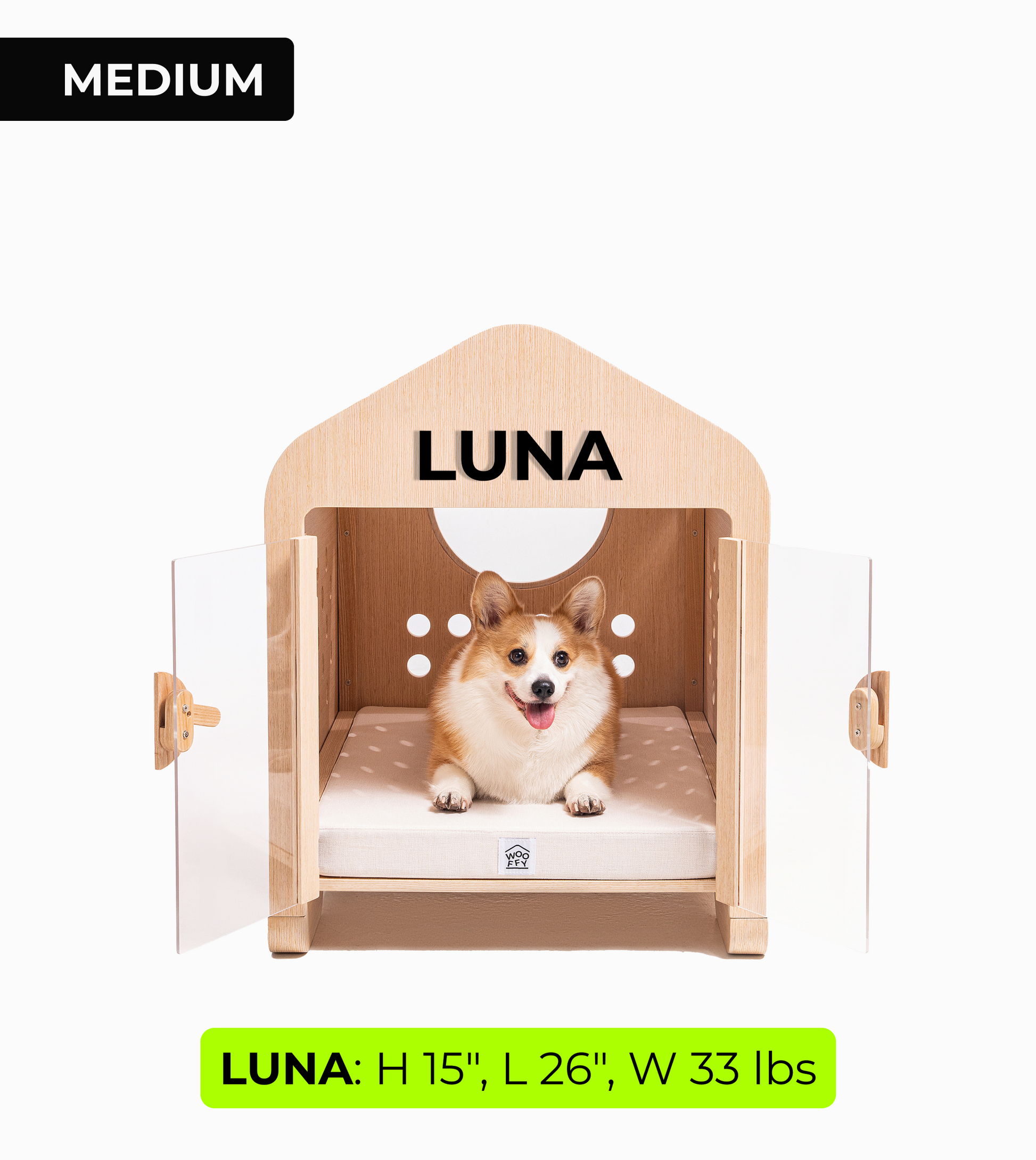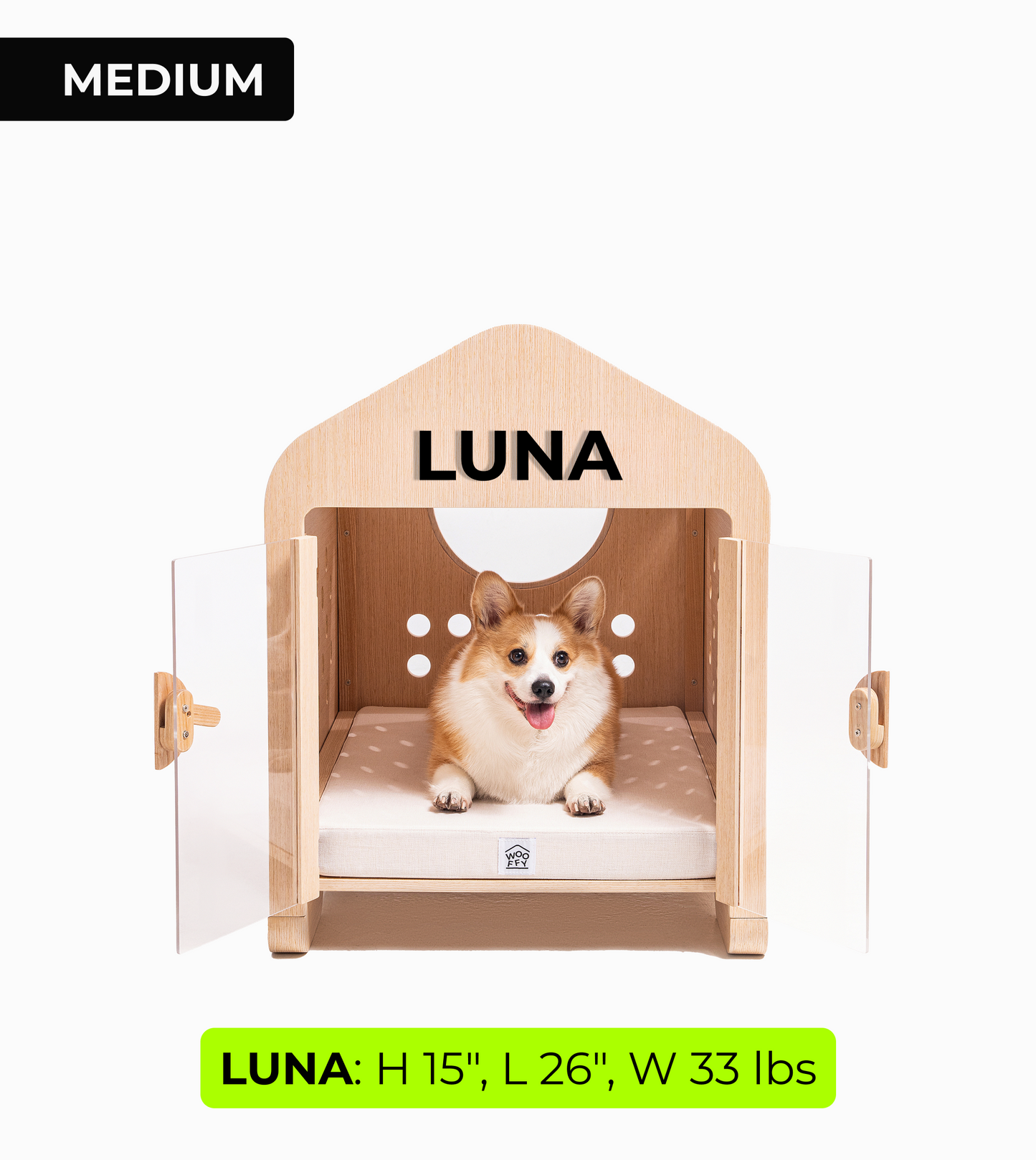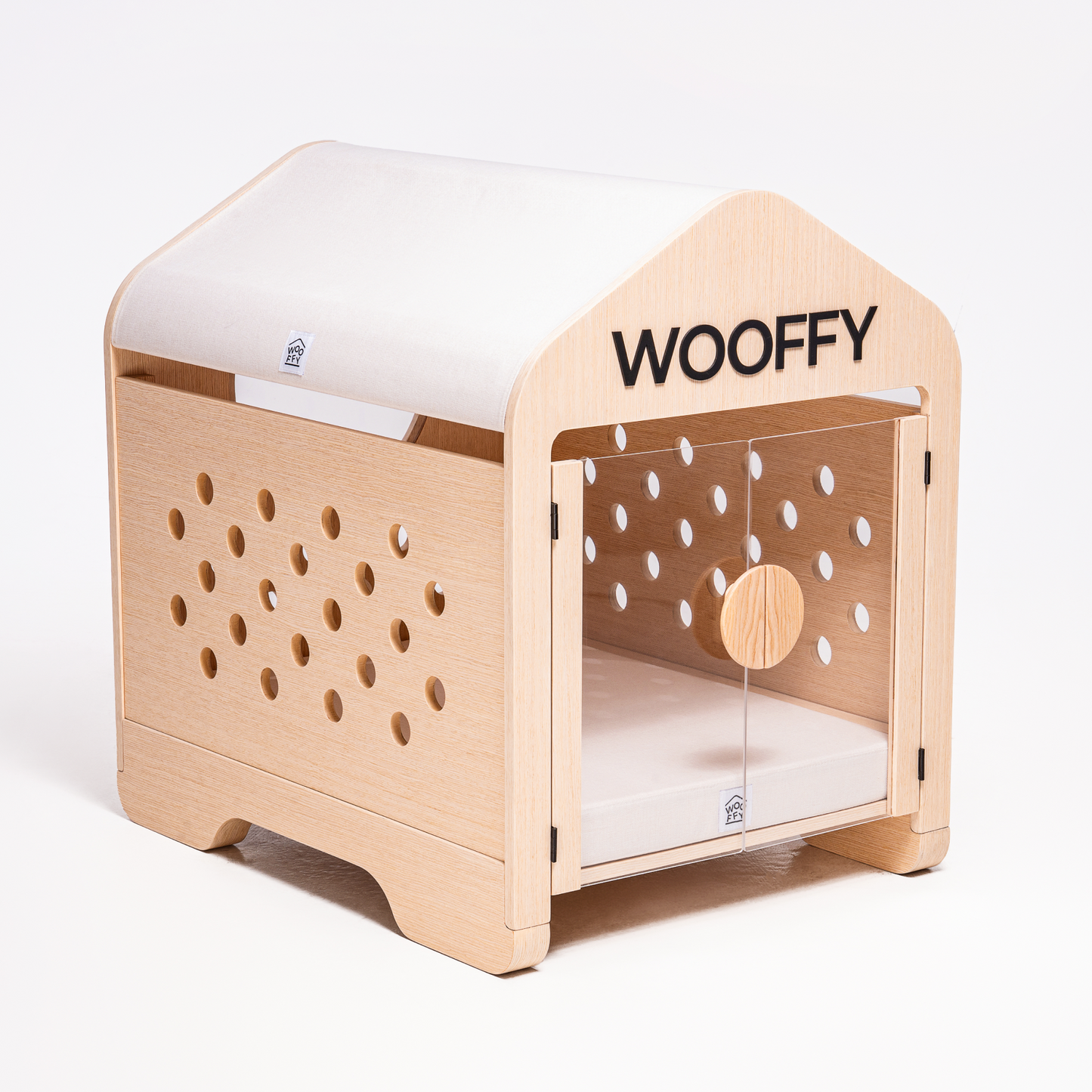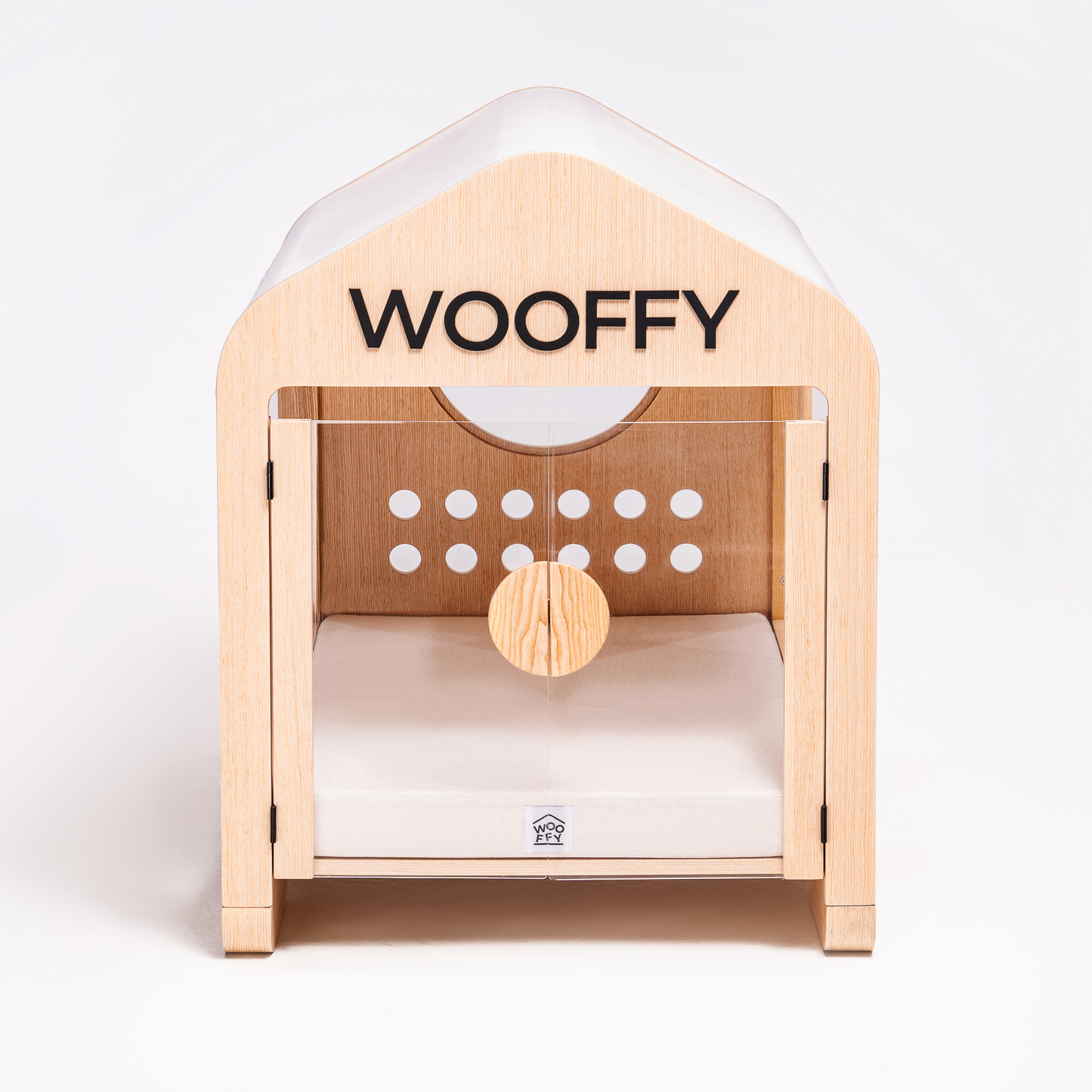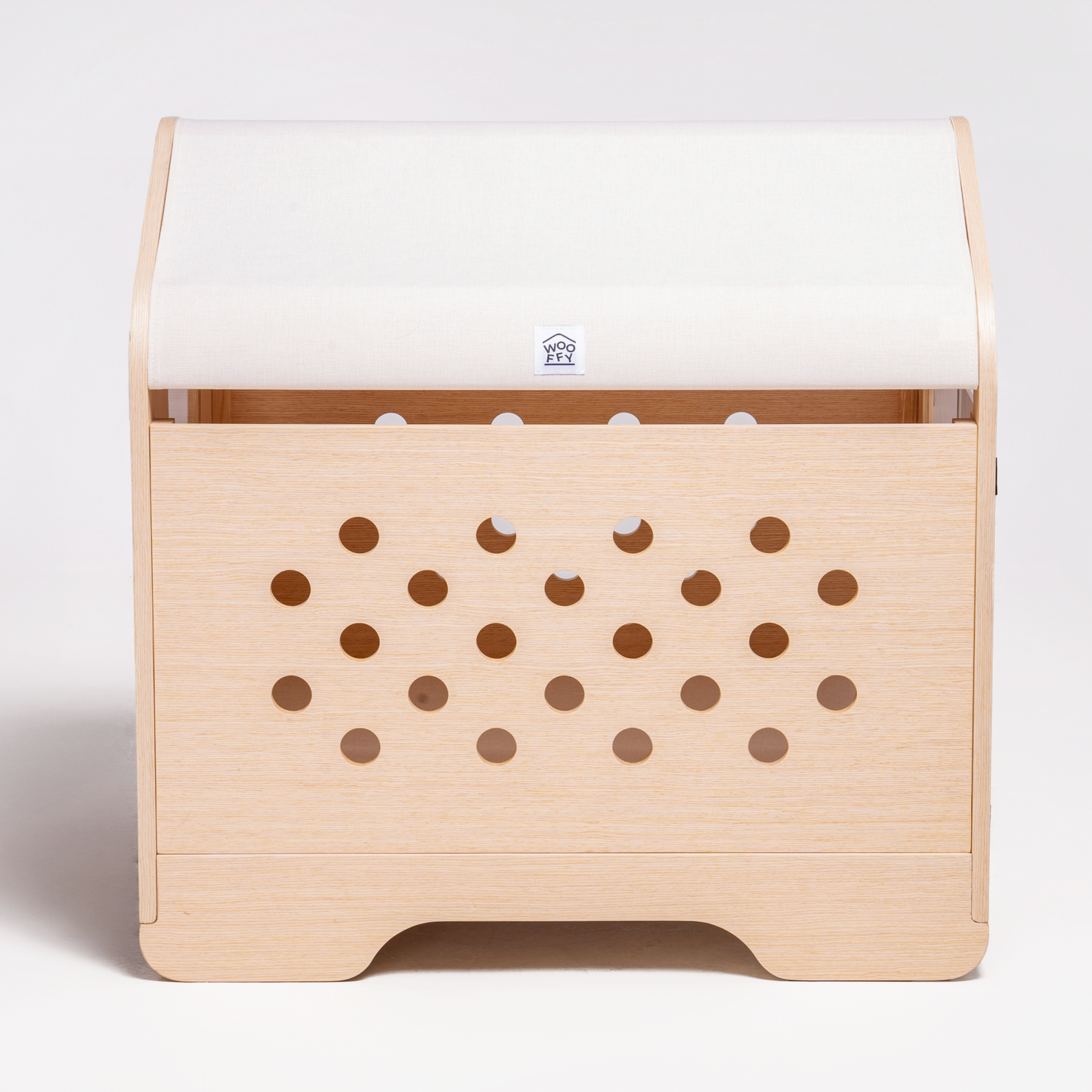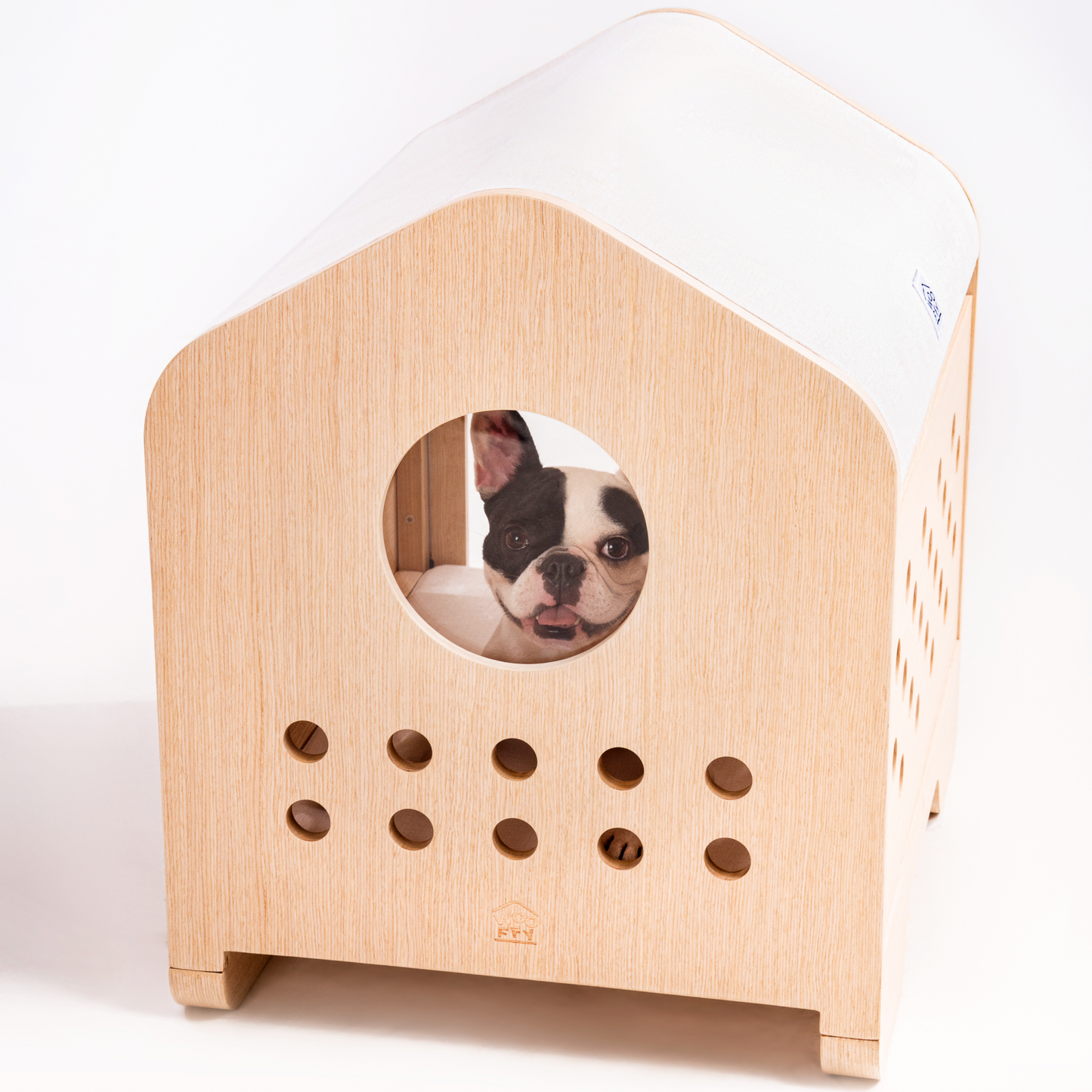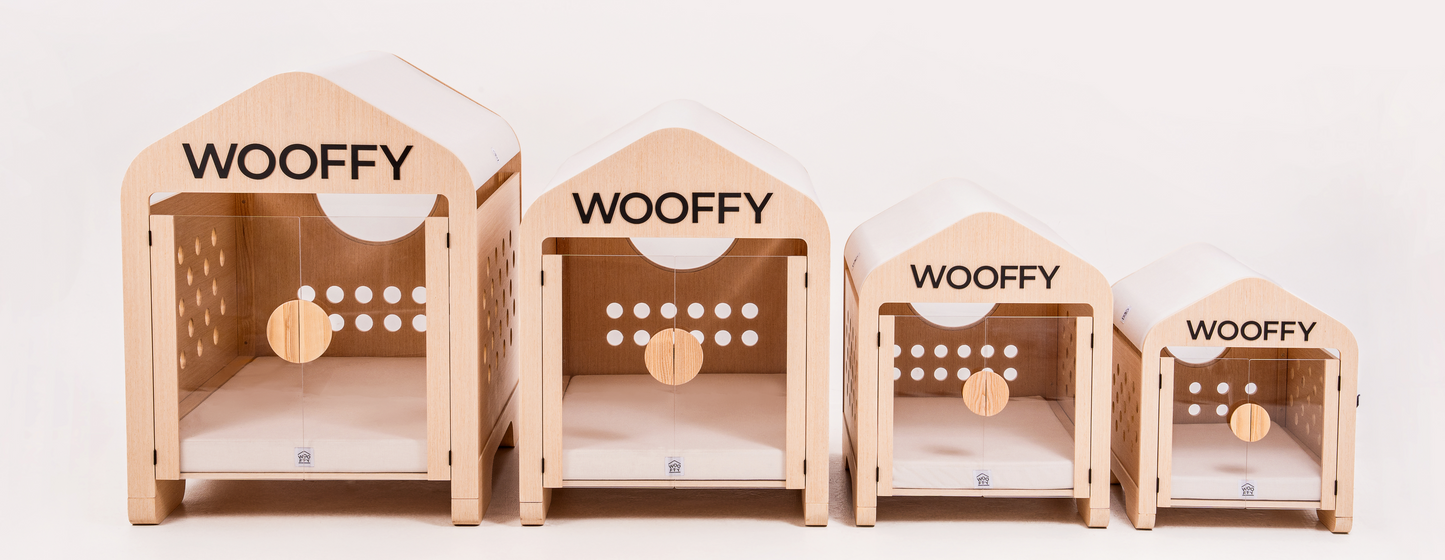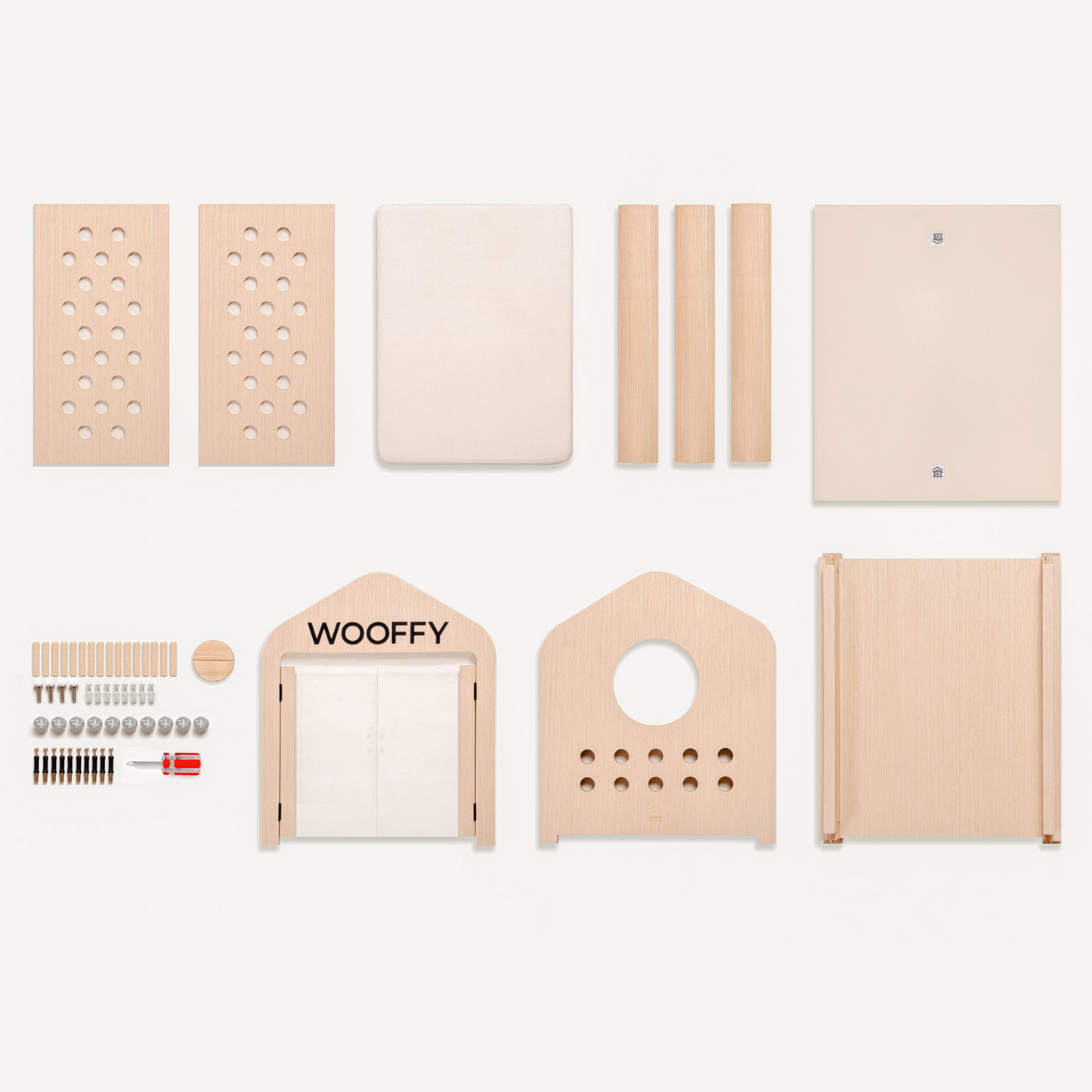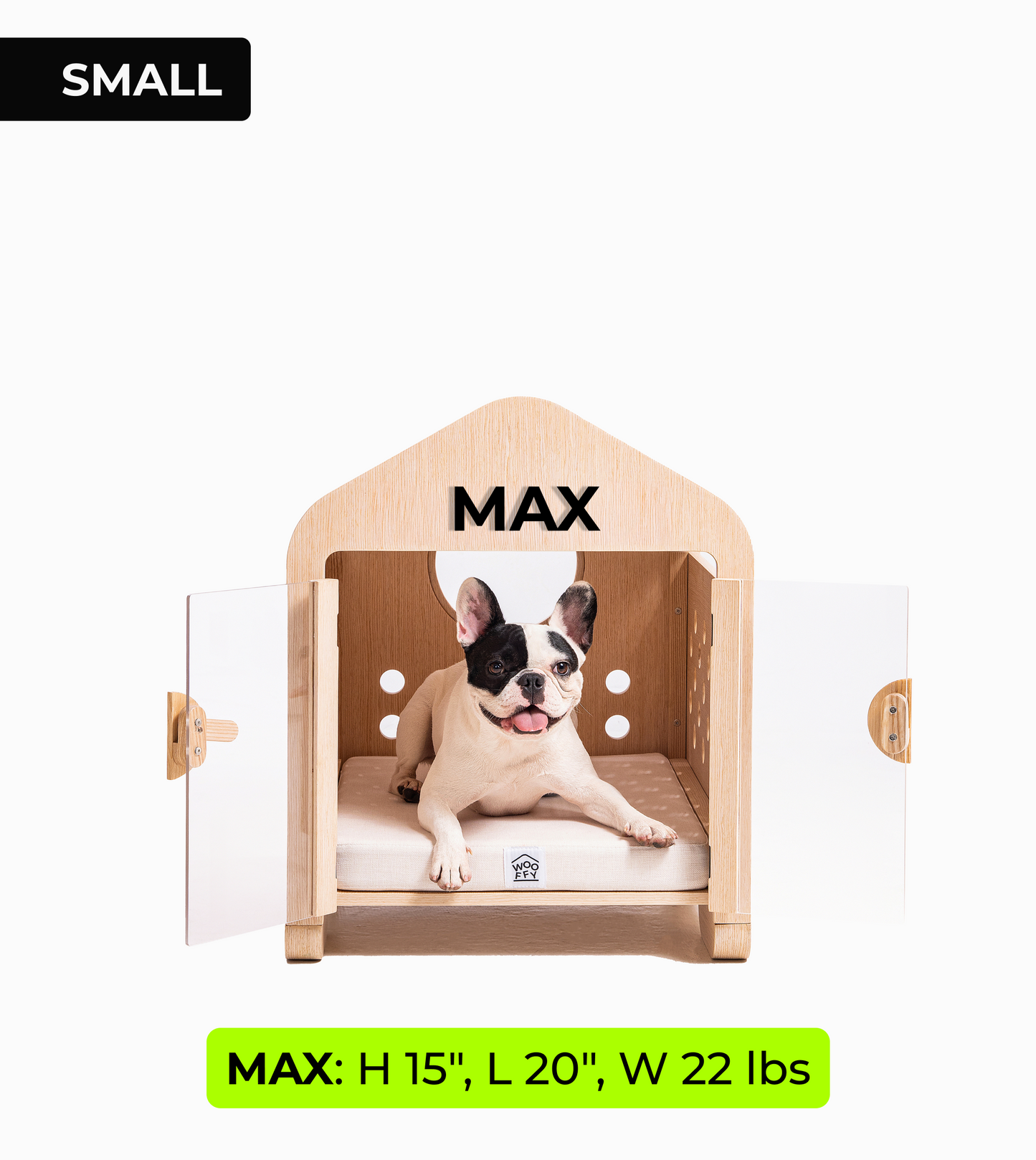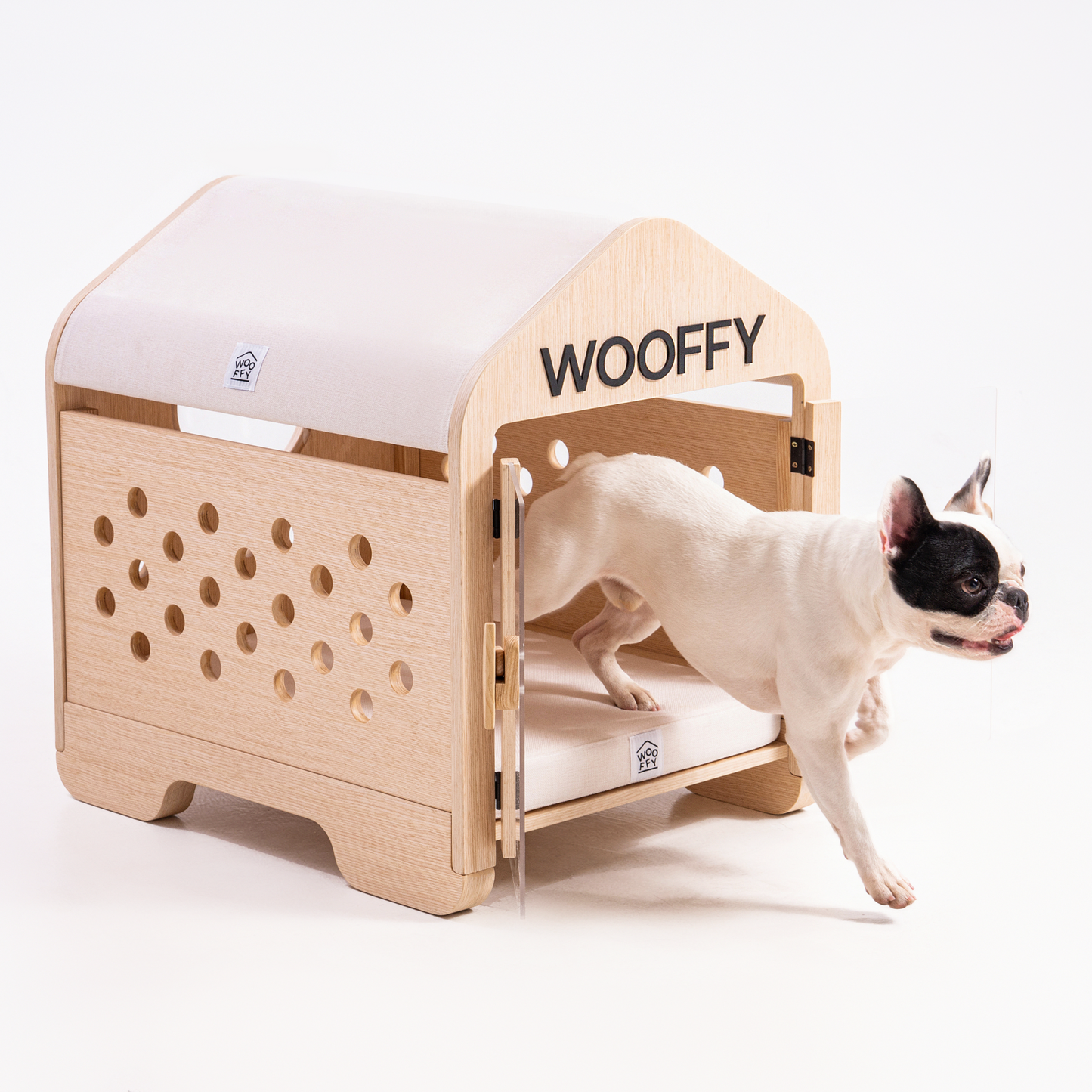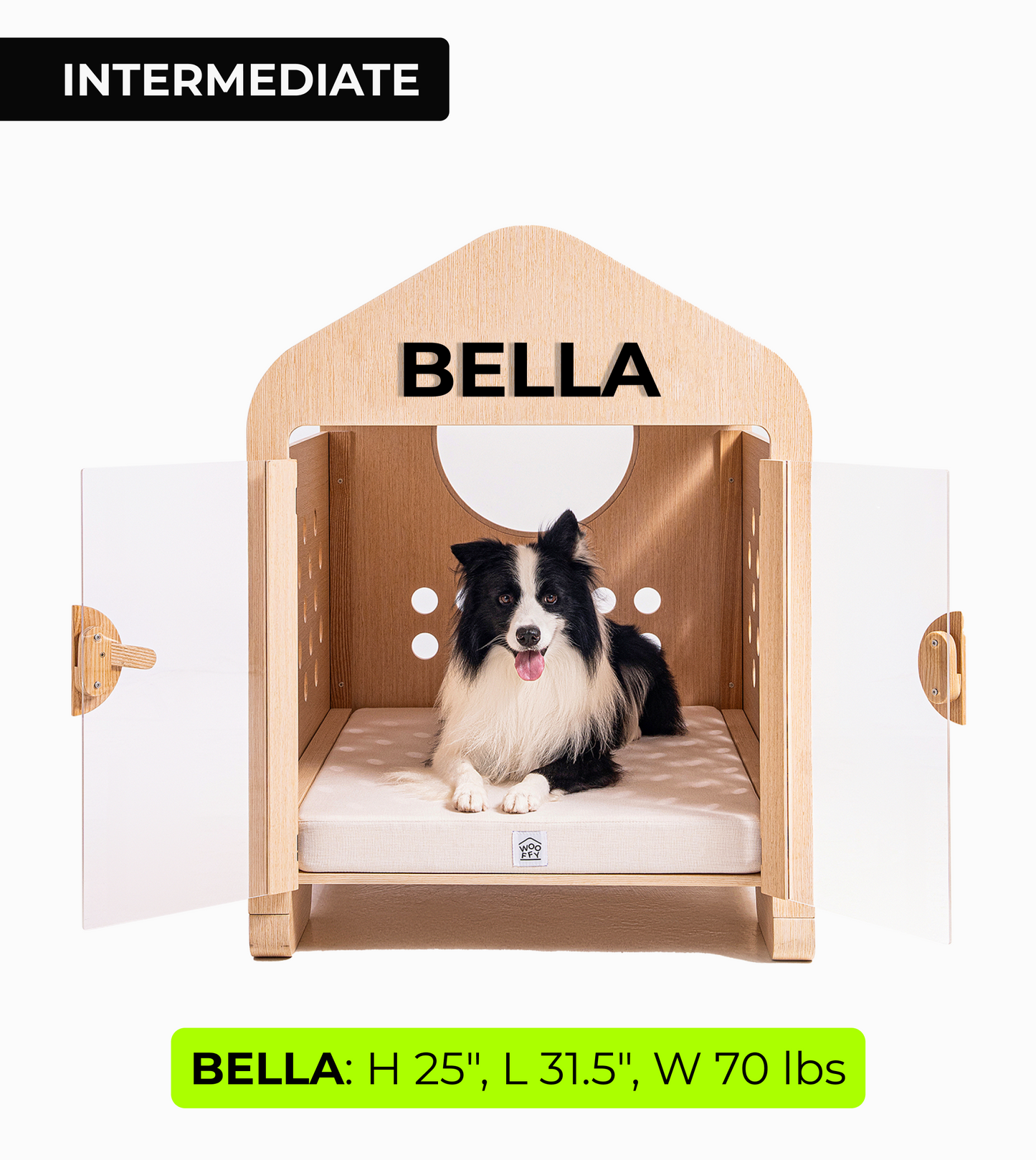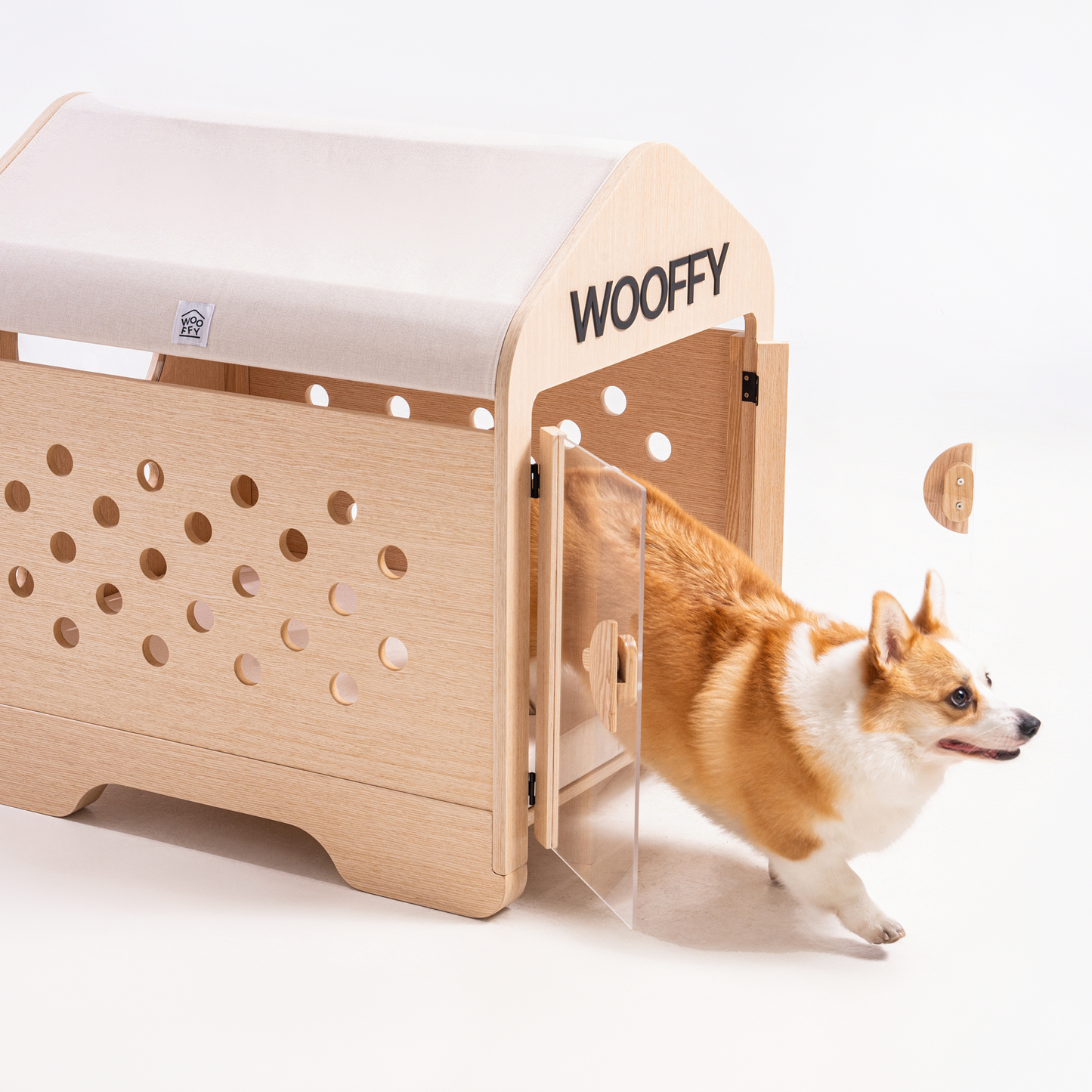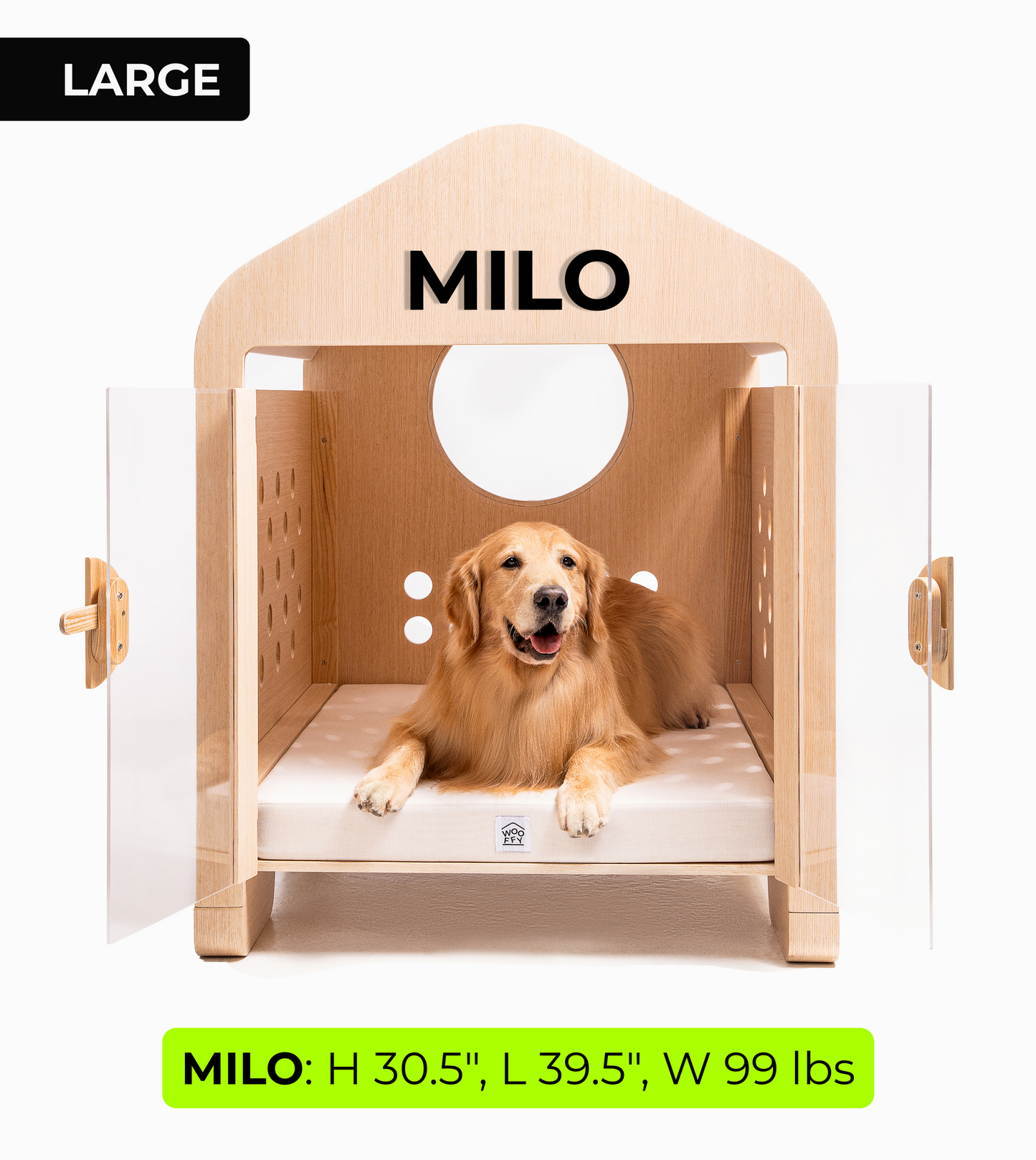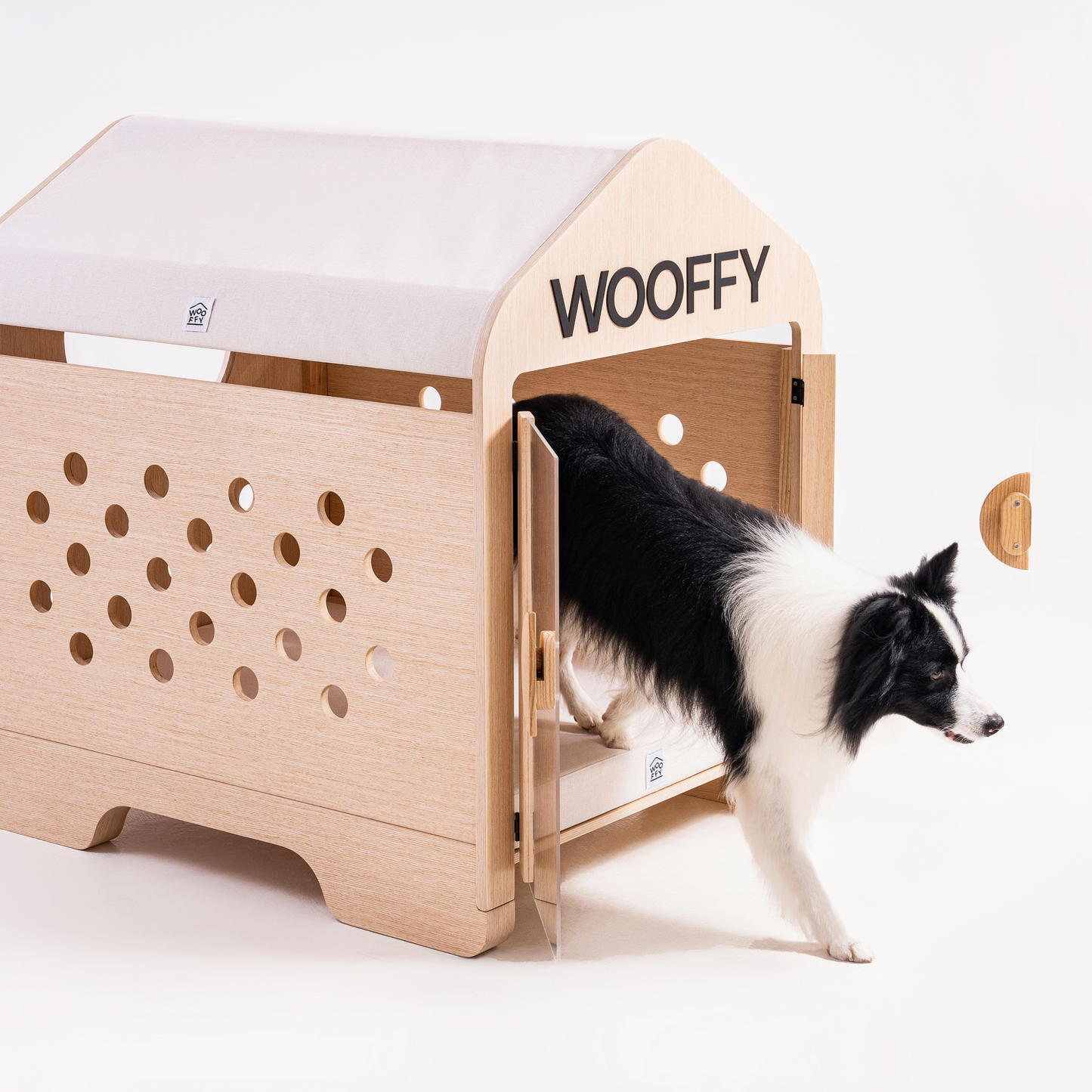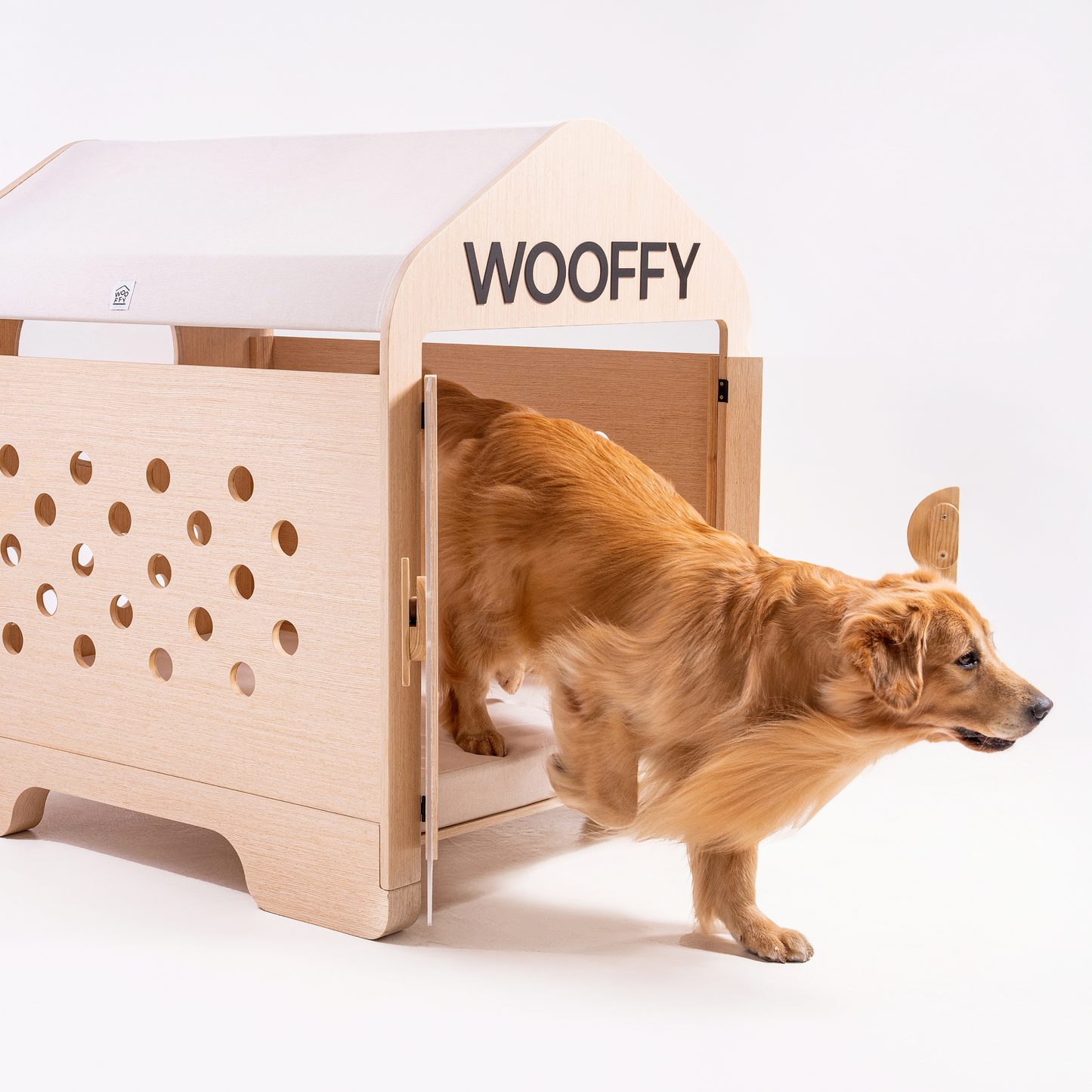
Can Dogs Eat Chicken Breast? Unveiling the Truth for Pet Owners
Share
Chicken breast, known for its lean protein and essential nutrients, is a staple in many human diets. But when it comes to our furry friends, dog owners often ponder, "Can dogs eat chicken breast?" This blog explores the benefits, considerations, and best practices for incorporating chicken breast into your dog's diet, drawing on scientific research and professional veterinary advice.
Nutritional Benefits of Chicken Breast for Dogs
Chicken breast is an excellent source of high-quality protein, which is crucial for muscle development, repair, and overall energy levels in dogs. It's also low in fat, making it an ideal choice for maintaining a healthy weight. Furthermore, chicken breast provides essential vitamins and minerals, including Vitamin B6, niacin, phosphorus, and selenium, supporting various aspects of canine health from immune function to bone health.
How to Safely Introduce Chicken Breast to Your Dog's Diet
While chicken breast can be a healthy addition to your dog's meals, it's essential to introduce it properly to avoid any potential issues:
- Cook Thoroughly: Always serve chicken breast cooked and plain, without any added oils, spices, or seasonings that can be harmful to dogs.
- Start with Small Portions: Introduce chicken breast into your dog's diet gradually to ensure they don't have an adverse reaction.
- Boneless is Best: Ensure the chicken breast is boneless and skinless to prevent choking hazards and excess fat intake.
Serving Size and Frequency
The appropriate serving size of chicken breast for your dog will depend on their size, age, and activity level. As a general rule, chicken breast should not constitute more than 10% of your dog's daily caloric intake. Consult with a veterinarian to determine the most suitable portion sizes and frequency for your specific dog.
Precautions and Considerations
- Allergic Reactions: Some dogs may be allergic to chicken. Signs of an allergy include itching, ear infections, or gastrointestinal upset. If you observe these symptoms, discontinue feeding chicken and consult your vet.
- Digestive Upset: Introducing chicken breast too quickly or in too large amounts can lead to digestive issues. Always monitor your dog's reaction when adding new food to their diet.
- Quality Matters: Opt for high-quality, hormone-free chicken breast to avoid potential health risks associated with antibiotics and hormones in poultry.
Professional Insights and Studies
Research underscores the importance of lean protein sources, like chicken breast, in a dog's diet. According to the Journal of Animal Science, diets rich in high-quality protein can enhance muscle mass and maintain optimal health in dogs. Furthermore, the American Journal of Veterinary Research has highlighted the benefits of dietary chicken in managing food sensitivities and allergies in dogs.
Creative Ways to Include Chicken Breast in Your Dog's Diet
Beyond simply adding cooked chicken breast to your dog's bowl, there are several creative ways to incorporate this nutritious protein source into their diet:
- Homemade Dog Treats: Use diced chicken breast as a high-value training treat.
- Chicken and Rice Meal: Combine cooked chicken breast with rice and vegetables for a homemade dog food recipe.
- Frozen Chicken Broth Pops: Blend cooked chicken breast with low-sodium chicken broth and freeze in an ice cube tray for a refreshing treat.
Conclusion
Chicken breast can be a safe and nutritious addition to your dog's diet when prepared and introduced correctly. By adhering to the guidelines outlined in this article and consulting with a veterinarian, dog owners can ensure their pets enjoy the health benefits of chicken breast without any risks.
Remember, every dog is unique, and what works for one may not work for another. Monitoring your dog's reaction to new foods and adjusting their diet accordingly is key to maintaining their health and happiness.
For more tips on dog nutrition and healthy treats, visit https://thewooffy.com/blogs/dog-nutrition

